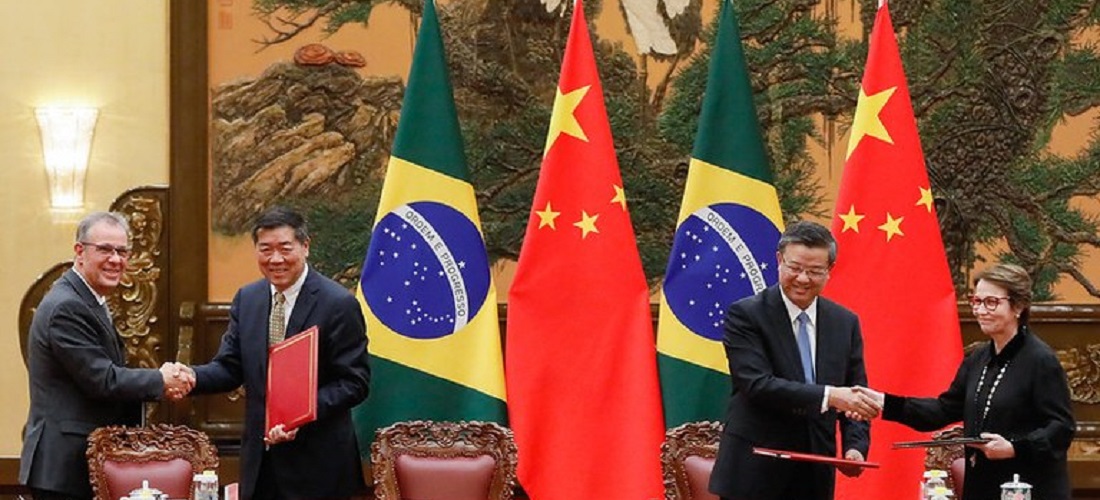
Brazil signs agreements to export thermo-processed meat and cottonseed meal to China
Oct, 28, 2019 Posted by Sylvia SchandertWeek 201944
Last Friday (10/25), Brazil and China signed two sanitary protocols for the export of thermo-processed meat and cottonseed meal to China. The agreements were signed by Minister Tereza Cristina (Agriculture, Livestock, and Supply) and the General Administration of Customs of China (GACC), as informed by the Presidency of the Republic.
The protocols set out the requirements to allow the export of both products from Brazil to China. The purpose of negotiating sanitary protocols between countries is to prevent the entry of pests or endemic pests from the exporting country into the importing country. In accordance with the rules of the World Trade Organization and other international reference bodies, the requirements determined by the importing country must be based on scientific criteria.
Thermo-processed meat is meat that has undergone thermal processes such as cooking. In 2018, Brazil exported US$557m of processed beef and China imported US$25m of the product.
Cottonseed meal is used as animal feed. Brazilian export of cottonseed meal is still incipient. China imported US$4 million from the commodity.
A memorandum of understanding was also announced between Embrapa and the Chinese Academy of Sciences to set up joint laboratories for soybean breeding and development. The memorandum aims to foster cooperation in science and technology through joint projects in the fields of agriculture and natural resources to deepen existing knowledge and build on sustainable agriculture and institutional strengthening.
The first project will be the establishment of a Brazil-China virtual laboratory that will develop research in the areas of germplasm characterization, genome editing, and functional genetics in soybean.
-
Ports and Terminals
Aug, 02, 2023
0
Rio Brasil Terminal has a new service that connects Europe and the Mediterranean to the east coast of South America
-
Other Logistics
Mar, 26, 2024
0
Ferrogrão rail project yet again center of environmentalists’ concern
-
Ports and Terminals
Mar, 26, 2024
0
Rumo, DPW to build a R$2.5bn terminal in Santos
-
Ports and Terminals
Jan, 21, 2021
0
TCP receives first maximum-depth vessel since expanding draft

